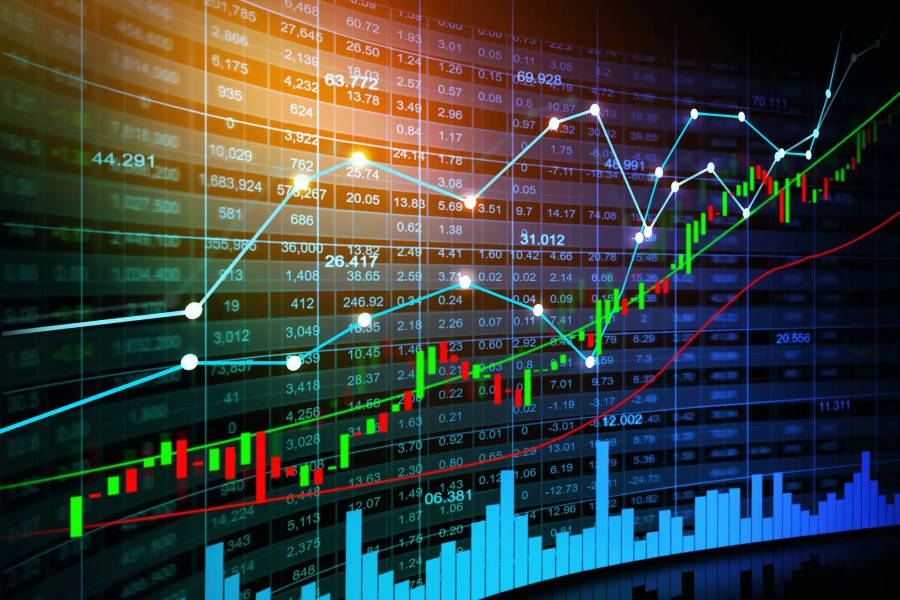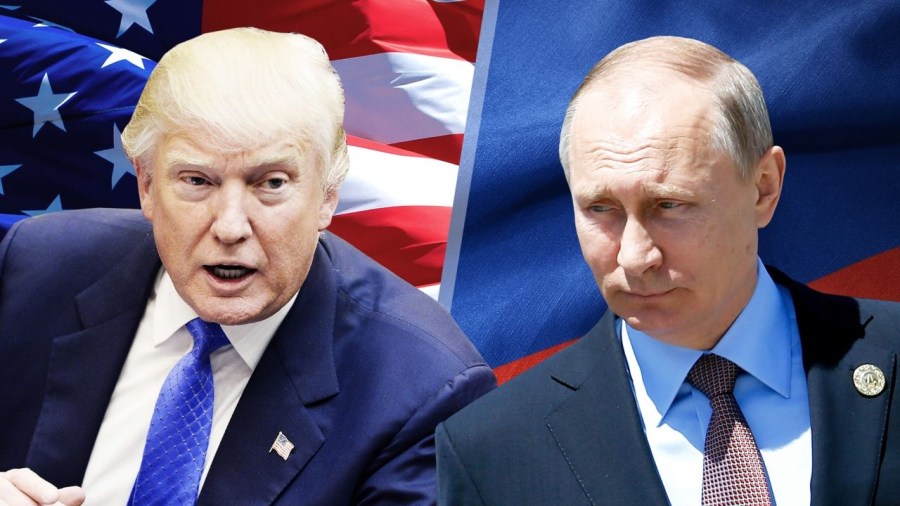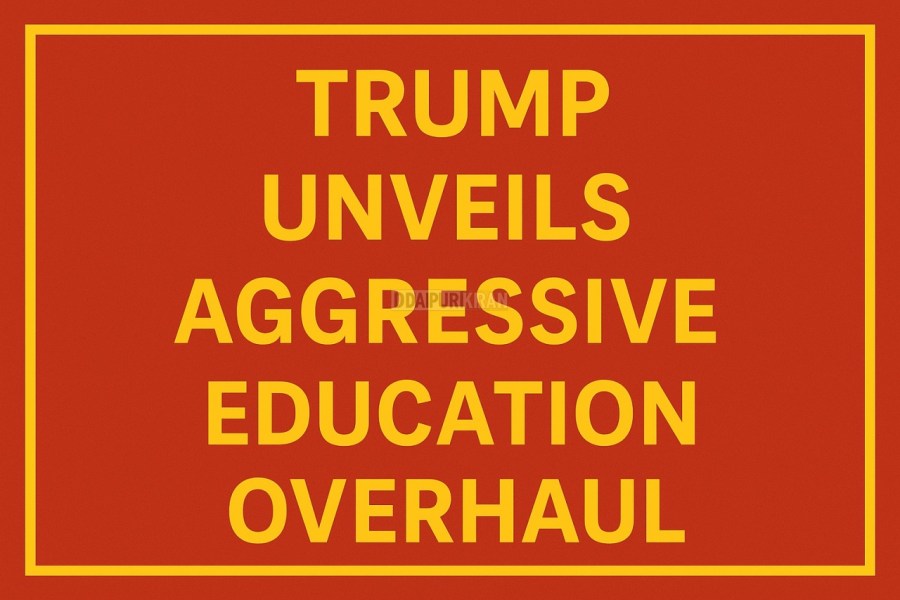Live Updates: U.S. Market Tumbles; Trump Confirms China Tariffs at 145%
The U.S. stock market faced significant losses on Thursday, with the S&P 500 index falling by 4 percent by midday as investors reacted to the escalating trade war between the U.S. and China. The market turmoil was compounded by President Trump’s announcement that the total tariffs on Chinese goods now stand at 145 percent, significantly higher than previously stated figures.

Trump’s Tariff Increase Clarified
The market’s drop followed a statement from the White House clarifying that President Trump had raised tariffs on Chinese goods by 145 percent since taking office. This figure was notably higher than the 125 percent increase he had mentioned on Wednesday. The initial 125 percent rise was attributed to an additional tariff on Chinese goods, further intensifying the ongoing trade conflict.
In addition to the new tariffs, President Trump has kept in place tariffs on steel, aluminum, and automobiles. Despite the tough stance, Mr. Trump delayed imposing additional tariffs on most other countries for three months. This move left many wondering whether it would alleviate the trade tensions or only provide temporary relief.
International Reactions and Stock Market Movements
As the tension between Washington and Beijing continues to escalate, the European Union responded by delaying its retaliatory tariffs on U.S. imports for 90 days. This move was in response to President Trump’s decision to delay implementing heavy import taxes on European goods. However, despite these steps to ease tensions, the impact on the market remained significant.
On Wednesday, following the announcement of the tariff pause, the S&P 500 saw its biggest daily gain since 2008. But by Thursday midday, the index had dropped by 4 percent, further deepening after the White House confirmed the higher-than-expected tariff on China.
Economic Repercussions and Inflation Concerns
Economists have warned that the economic consequences of the ongoing trade war between Washington and Beijing will continue to be felt for weeks to come. A report released Thursday showed that U.S. inflation had eased more than expected in March, providing a brief reprieve. The Consumer Price Index (CPI) rose 2.4 percent year-on-year, reflecting a period before many of the latest tariffs were implemented.
However, economists caution that the tariffs imposed by President Trump — particularly the new tariffs on Chinese imports — are likely to drive up inflation and slow economic growth in the long run. Despite the temporary inflation relief, the full impact of these tariffs will likely become more pronounced as their effects ripple through the economy.






















